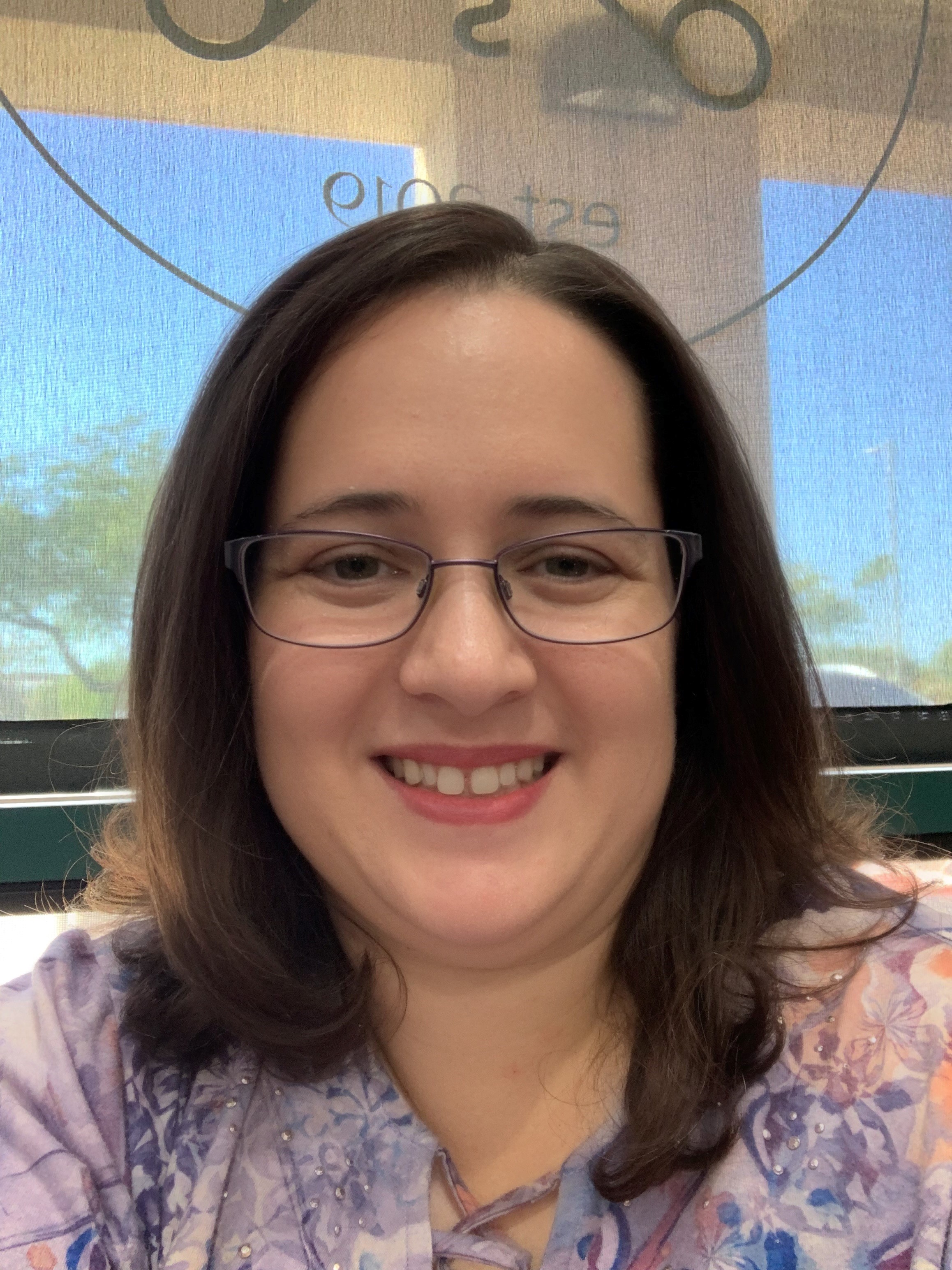Tech That Works For You, Not Against You with Michael Toguchi

In today's rapidly evolving educational landscape, technology plays a pivotal role in determining institutional success. The recent episode of the Designing with Love podcast featuring Michael Toguchi, Chief Strategy Officer at Orchestrate, delves deep into how strategic technological solutions can transform higher education institutions and nonprofits.
Michael's journey with Orchestrate spans over two decades, during which he's witnessed the evolution of technology from basic websites to sophisticated workflow management systems. What stands out in his approach is a fundamental philosophy: technology should enable people, not burden them. This principle drives every solution his team develops, focusing on creating efficiencies that allow educators and administrators to reclaim their time and focus on what truly matters: serving students.
One of the most significant challenges facing higher education today is the existence of operational silos. Michael explains how departments often work in isolation, using different platforms and processes that don't communicate with each other. When leadership or legislators request information, this fragmentation creates chaos as institutions struggle to collect and normalize data. Orchestrate's solutions address this by creating integrated systems that break down these barriers, enabling cross-campus collaboration and providing actionable business intelligence.
The podcast highlights three key factors that guide Orchestrate's approach to technology development: user experience, security, and accessibility. By focusing on these elements, they ensure their solutions aren't merely digitizing outdated processes but genuinely transforming them. As Michael puts it, they avoid "the software version of lipstick on a pig" by examining the fundamental efficiency of processes before implementing technological solutions.
Change management emerges as another critical theme in the conversation. Michael emphasizes the importance of having champions within institutions who can communicate the vision and benefits of new technological solutions. Without clear direction, staff members often resist change, wondering, "Why are we doing this?" Successful implementation requires stakeholder buy-in and a clear articulation of how the technology will improve their daily work – potentially giving them back 20% of their day.
The discussion takes an interesting turn when addressing the impact of artificial intelligence on higher education. With approximately 90% of students already using AI tools in their personal and academic lives, institutions face unprecedented challenges. Faculty members are redesigning curricula and questioning whether to detect, resist, or embrace the use of AI. Meanwhile, staff members worry about being replaced. Michael advises anyone entering the higher education field to become well-versed in AI applications, as this knowledge will be increasingly valuable in the job market.
For those looking to transition into higher education or nonprofit sectors, Michael offers practical advice: find your specialty, excel at it, but maintain a diverse skill set. The days of linear career paths in higher education are over. Today's professionals need to be adaptable, capable of lateral moves between departments as institutional needs evolve. This flexibility, combined with technological literacy and a problem-solving mindset, positions individuals for success in an increasingly competitive environment.
As universities grapple with declining enrollments, budget constraints, and questions about their value proposition, technology becomes a critical differentiator. Institutions that embrace innovation, particularly in AI, will likely outperform their peers. Students increasingly view their education through a career-oriented lens, questioning why they should attend universities that don't provide training in the technologies that will define their future workplaces.
The conversation concludes with a reminder that technology implementation isn't just about the tools themselves but about the strategic vision behind them. By partnering with experts who understand the unique challenges of higher education, institutions can create sustainable solutions that enhance efficiency, improve the student experience, and ultimately further their educational mission.
🔗 Website and Social Links:
Please visit Michael Toguchi’s website and social media links below.
Photo by fauxels: https://www.pexels.com/photo/keyboard-and-mouse-on-beige-background-3184460/



